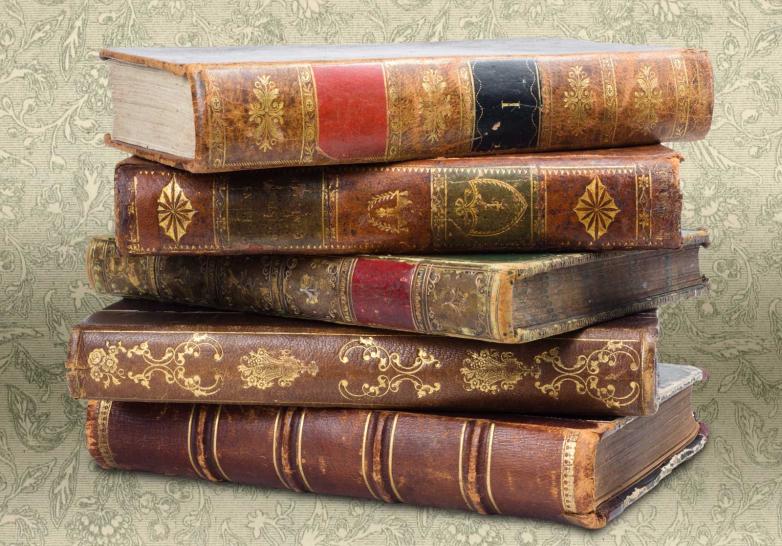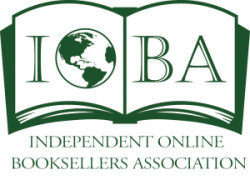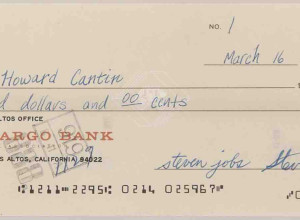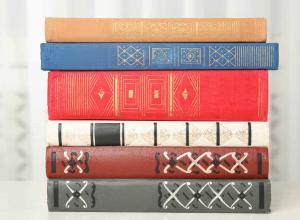Temporary Export Ban on £800,000 New Testament Once Owned by English Royal Family

The manuscript, valued at £800,000 and at risk of leaving the country unless a UK buyer can be found, was previously unknown to scholars as it has been in private ownership for at least 300 years. It contains the signature of the former king, who ruled France from 1350 to 1364, during the Hundred Years’ War with England.
It is possible that the manuscript, which contains an early translation of the New Testament into French, was captured at the Battle of Poitiers. It has been in England ever since.
Ownership inscriptions made in the book reveal that it has also been owned by members of the English Royal Family, the most prominent of whom was the renowned mediaeval collector and son of King Henry IV, Humphrey, Duke of Gloucester (1390–1447). It was also owned by his elder brother Thomas, Duke of Clarence (1387–1421), and by Edmund Beaufort, 2nd Duke of Somerset (1406–1455).
The manuscript on parchment c. 1270–1300, which is decorated with illuminations and is in a post-mediaeval binding in fair condition, may have been used by the Lancastrians to boost their claims to the French throne. There are also several erased ownership inscriptions in the volume, as yet undeciphered. Further analysis could allow academics to discover more about the manuscript’s provenance.
"This extraordinarily well-preserved New Testament, with its delightful, intricate decorations, is an exciting opportunity for scholarship as well as a great reminder of the long impact that French culture has had on Britain," said Arts and Heritage Minister Lord Parkinson of Whitley Bay. "I hope that a buyer comes forward to make sure it can continue to be researched and its revelations shared with generations to come."
Committee Member Caroline Shenton added: "This late-13th century New Testament is of extraordinary importance to our understanding of English mediaeval royal culture, politics, and diplomacy during the Hundred Years’ War. Although as the work of the Cholet Master its decoration makes it a very attractive object in its own right, it is its textual interest and staggering provenance which make it a national treasure.
"Excitingly, the particular French translation of the New Testament it contains appears to be unique and ripe for significant philological research. Furthermore, it was owned by Jean II ‘le Bon’, King of France (1350-1364), whose signature, an exceedingly rare survival, is on its final page. It is highly likely that it was seized as war booty when he and his possessions were taken hostage at the Battle of Poitiers by the Black Prince in 1356, and it has been in England ever since.
"Even more remarkably, the very recent discovery under ultra-violet light of several erased ownership inscriptions indicates that it subsequently passed through the hands of a number of English royal owners, grandsons of John of Gaunt (1340-1399), including Humphrey, Duke of Gloucester. No doubt this was part of a concerted ‘soft diplomacy’ effort by the Lancastrians to bolster the English claim to the French throne. Duke Humphrey is widely regarded as the most important English mediaeval book collector, but only 47 of his original library of some 500 volumes are known to survive. Now a 48th has suddenly come to light. I very much hope that an institution will come forward to save this jaw-dropping manuscript which still has so much to tell us about its story and the stories of those who owned it."
The decision on the export licence application for the manuscript will be deferred for a period ending on February 7, 2024 inclusive. At the end of the first deferral period, owners will have a consideration period of 15 business days to consider any offer(s) to purchase the manuscript at the recommended price of £800,000. The second deferral period will commence following the signing of an Option Agreement and will last for four months. Offers from public bodies for less than the recommended price through the private treaty sale arrangements, where appropriate, may also be considered by the Minister. Such purchases frequently offer substantial financial benefit to a public institution wishing to acquire the item.
















